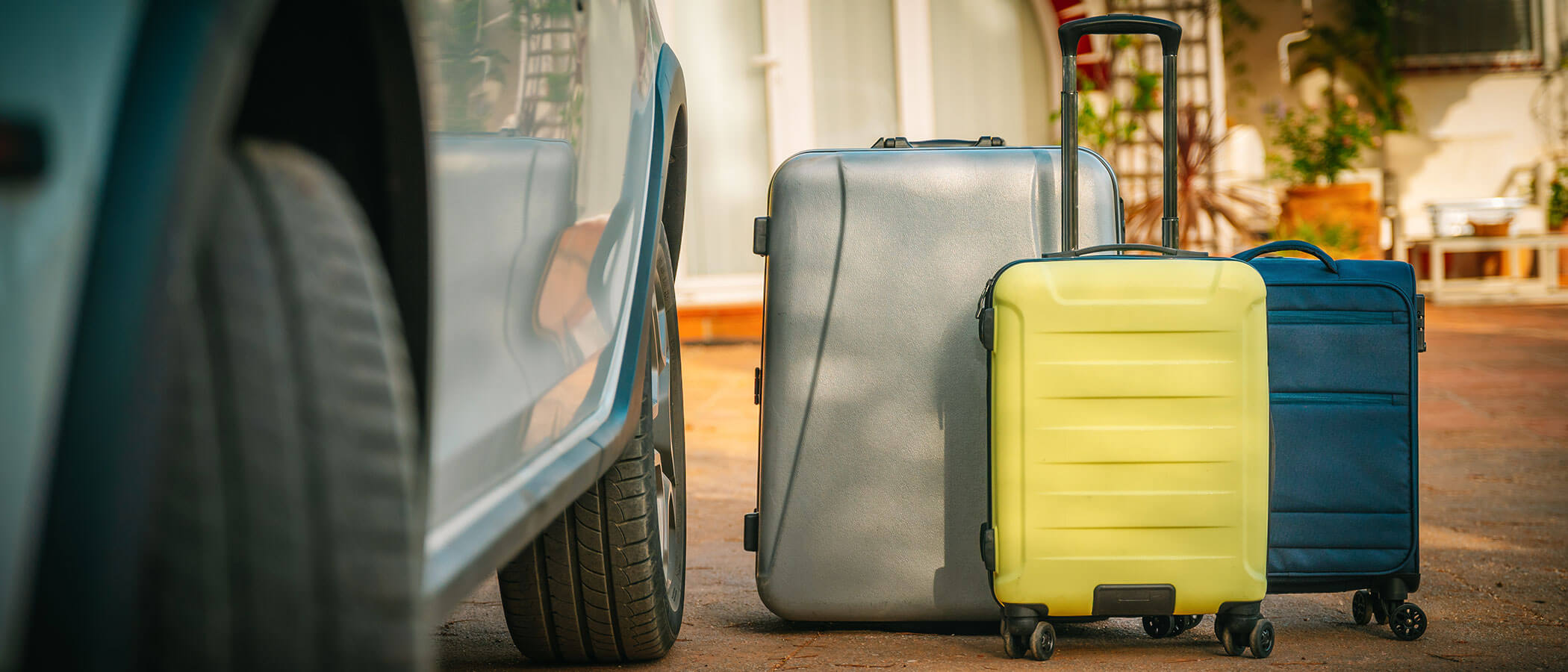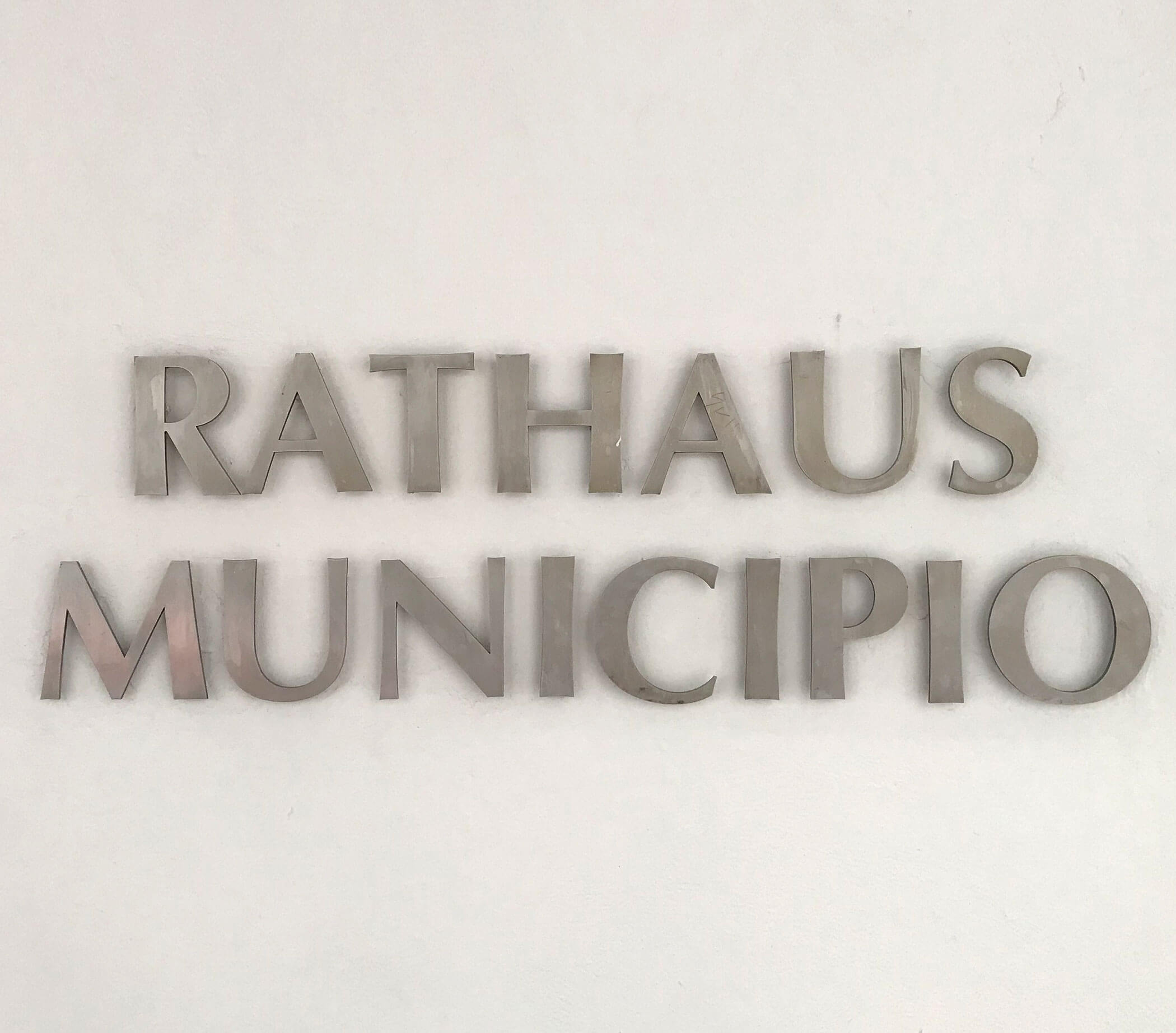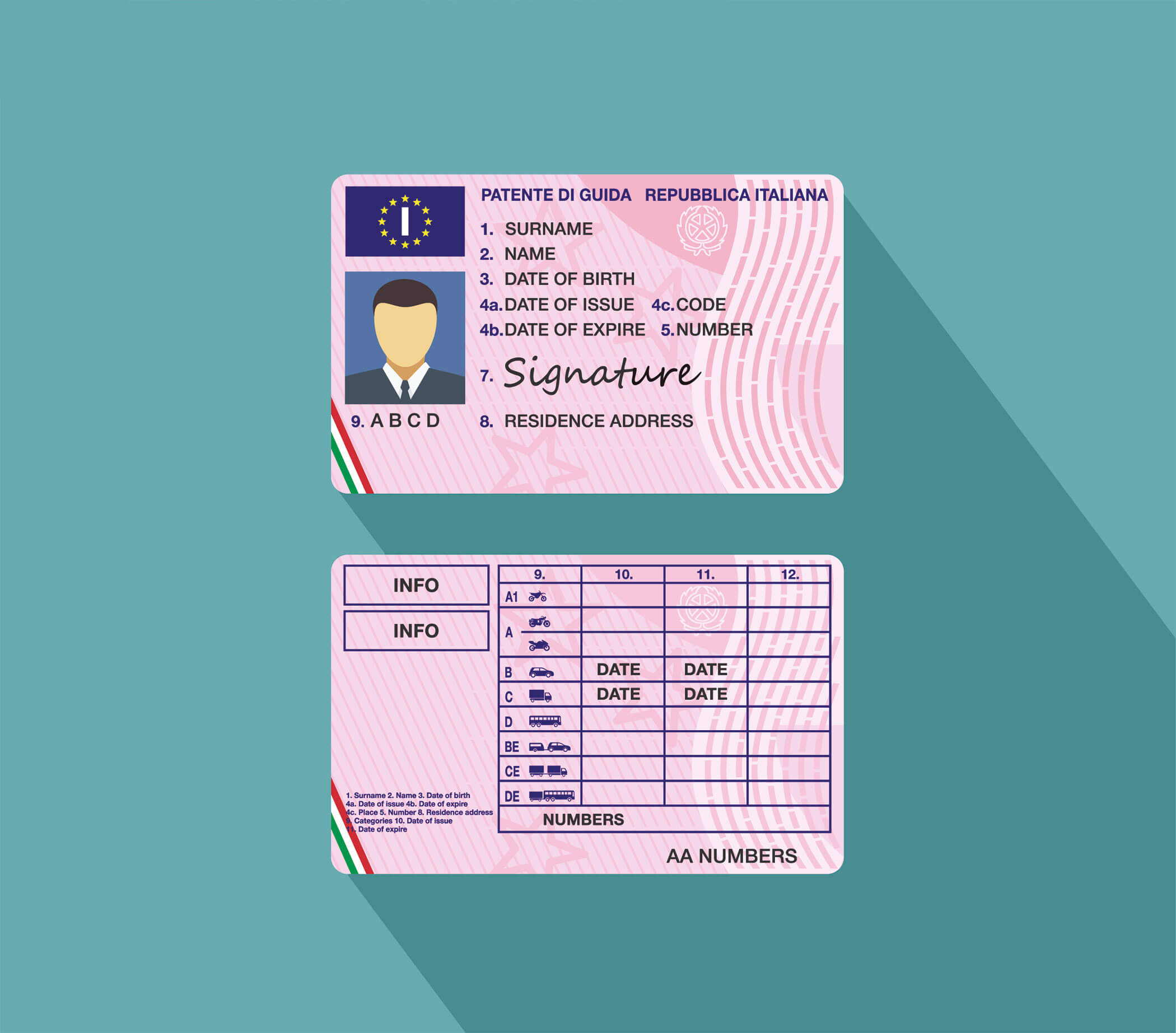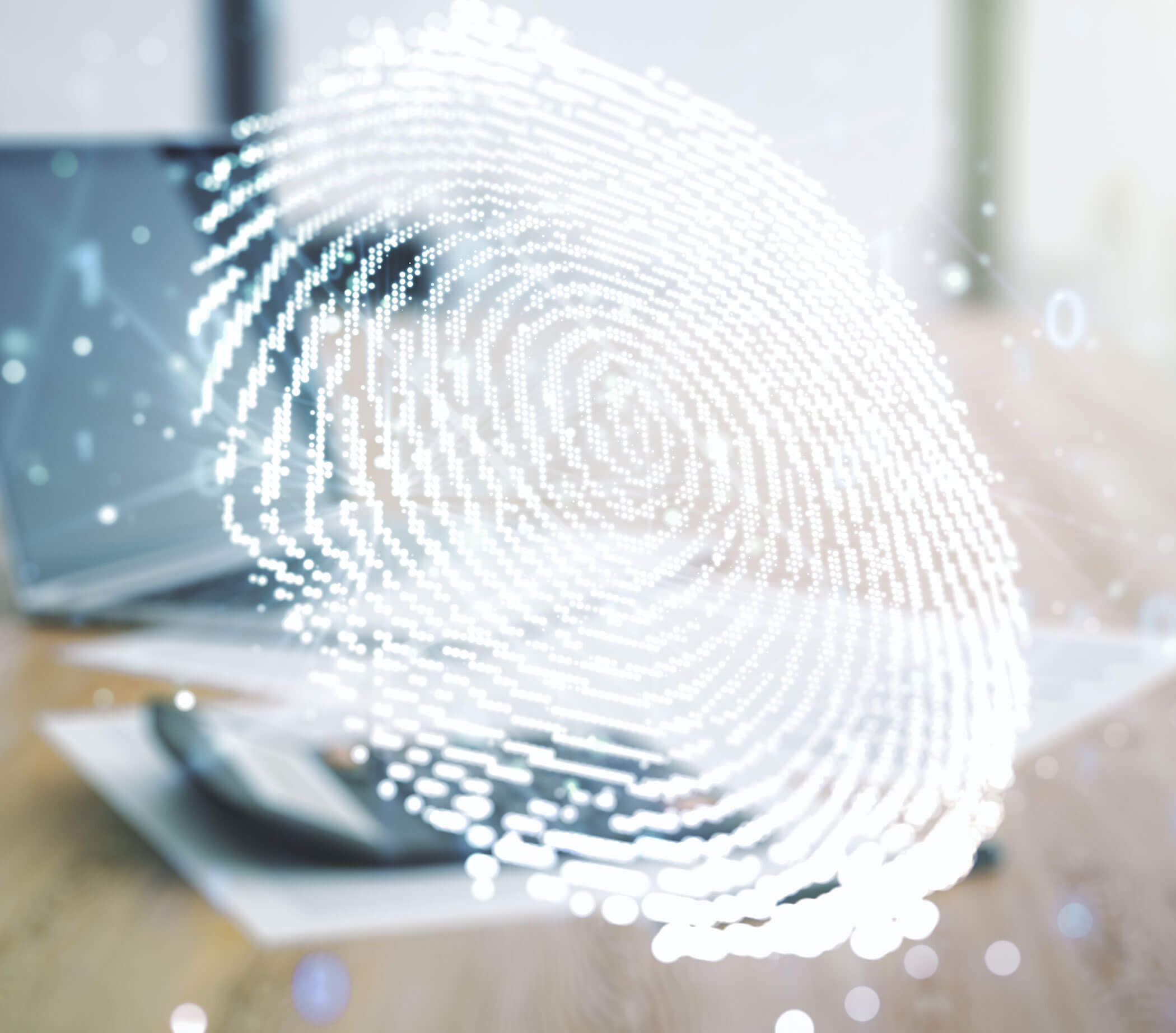What is required to enter and remain in Italy for work purposes?
Depending on whether or not you’re an EU citizen, different rules apply to entering and staying in Italy for work purposes.
Bolzano/Bozen is the northernmost province of Italy. Together with the province of Trento, it constitutes the autonomous region of Trentino-South Tyrol. In the north and east, South Tyrol borders on Austria: North Tyrol and East Tyrol, to be precise. It also shares a border with the Veneto region to the east, Trentino in its south and the Lombardy region as well as Switzerland in the west.













